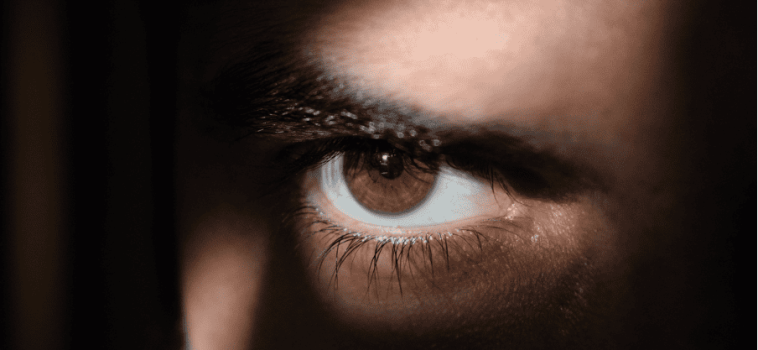Six Ways Spectatoring Affects Your Sex Life
Spectatoring, a term coined in the realm of sexual psychology, refers to a state where an individual, during sexual activity, becomes more of an observer rather than an active participant in their own intimate experiences. This disconnection is not just about being physically present but also about the psychological involvement or, more precisely, the lack thereof.
What Happens When Someone Is Spectatoring?
1. Psychological Detachment: Spectatoring manifests when an individual’s mind drifts away from the present moment. The detachment can be so profound that it feels like being an outsider to one’s own intimate experiences. This detachment is not just a momentary lapse; it is a persistent state that can overshadow the entire sexual encounter.
2. Internal Dialogue: Those experiencing spectatoring often engage in a continuous internal dialogue. They may constantly evaluate their performance, worry about their attractiveness, or question their partner’s satisfaction. This incessant self-monitoring is a hallmark of spectatoring, creating a barrier to genuine intimacy.
3. Impact on Physical Responses: The psychological state of being a spectator can have physical repercussions. For some, this might manifest as erectile dysfunction, premature ejaculation, or difficulty in reaching orgasm. For others, it can lead to a lack of arousal or a general disinterest in the sexual act itself.
4. Anxiety and Stress: Often, spectatoring is intertwined with anxiety and stress. The fear of not performing well or not meeting certain standards can exacerbate the situation. This leads to a vicious cycle of anxiety creating spectatoring, which in turn increases anxiety.
5. Disconnection from Partner: This state can create a significant emotional distance between partners. While one partner is lost in their thoughts, the other might feel neglected or unappreciated, leading to feelings of dissatisfaction and emotional disconnection in the relationship.
6. Broader Implications: Beyond the immediate impact on sexual activity, spectatoring can have broader implications on one’s overall sexual and emotional well-being. It can lead to low libido, issues in relationship dynamics, and a general sense of unhappiness in one’s sexual life.
Spectatoring represents a deep psychological disengagement in sexual experiences, where individuals become detached observers rather than active participants. This state, marked by internal dialogues and anxiety, not only affects physical responses but also leads to emotional distance between partners, impacting overall sexual and emotional well-being. Understanding this phenomenon is crucial for addressing its multifaceted effects on intimate relationships.




